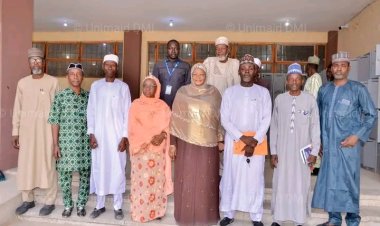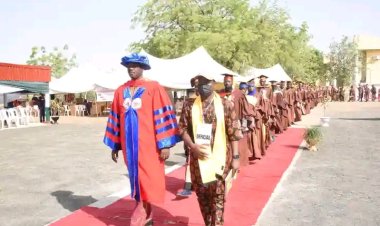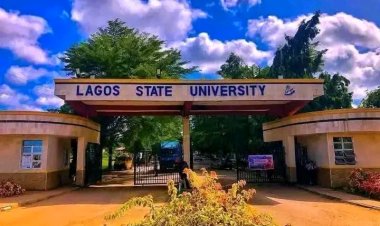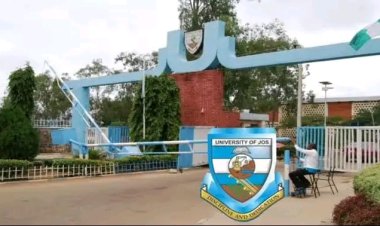ASUU Nsukka Zone Warns of Imminent Strike Over Unresolved Issues, Blames Federal Government's Neglect
ASUU Nsukka Zone warns of a possible strike as unresolved issues with the Federal Government persist, citing the deterioration of Nigerian universities.
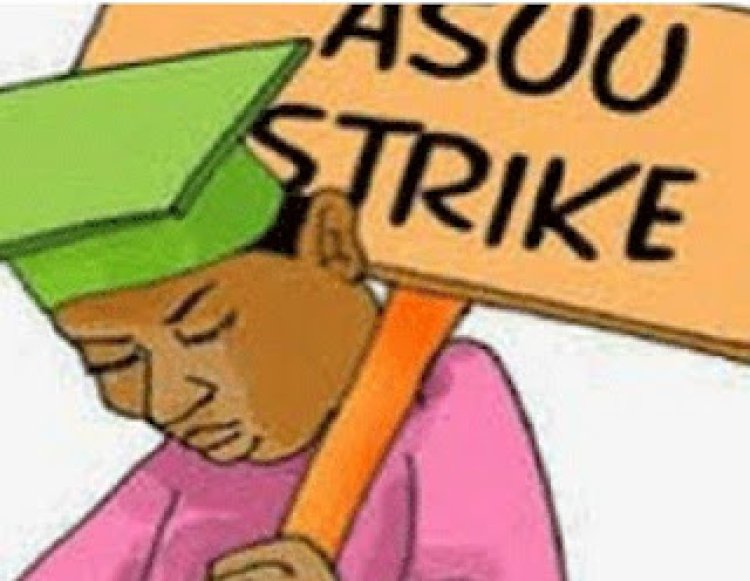
The long-standing dispute between the Nigerian government and the Academic Staff Union of Universities (ASUU) may be reignited as ASUU’s Nsukka Zone raises concerns over the Federal Government’s failure to address the critical issues affecting the nation's university system. The warning comes after a history of clashes, dating back to 1988, when both parties first entered into what could be described as an "educational boxing ring."
In a statement released in Makurdi, the Zonal Coordinator of ASUU Nsukka Zone, Raphael Amokaha, expressed frustration over the government’s continued neglect of the education sector, signaling that another strike could be imminent if urgent actions are not taken.
According to Amokaha, ASUU has held off from industrial action since the suspension of the 2022 strike, demonstrating what he described as a "patriotic and selfless" commitment to resolving the crisis amicably. He added, however, that the government's reluctance to address the core issues is pushing the union closer to considering another strike.
Amokaha detailed how the 2022 strike was triggered by the government's unilateral decision to impose a "take it or leave it" offer after years of negotiation on a revised agreement. "We were forced into the 2022 strike by the government. What option was available to our union at that time?" he explained. Despite five years of negotiations with three different government-appointed committees, little progress has been made in resolving the issues plaguing Nigerian universities.
Reflecting on the last 15 years, Amokaha lamented the lack of change in the nation's university system and the deteriorating conditions for both institutions and their staff. He stressed that university workers have not had a salary review in over 15 years, further deepening the crisis.
Amokaha listed key demands, including the finalization of the renegotiation of the 2009 FGN/ASUU Agreement, payment of withheld salaries from the 2022 strike, funding for the revitalization of public universities, and addressing the proliferation of universities by federal and state governments.
The Zonal Coordinator urged the government to act swiftly, warning that "the ball is now in the government’s court," and if ASUU resorts to another strike, the responsibility would rest solely with the government.
In a related interview, a UNILAG student expressed disappointment with the unresolved issues, stating that the lecturers themselves are not equipped to help students overcome challenges when they have not been able to solve their own problems. "You can't give what you don't have," she said.
As tensions rise, students and staff across Nigerian universities remain in uncertainty, fearing yet another disruption in the academic calendar.

 Lois Udoye
Lois Udoye 